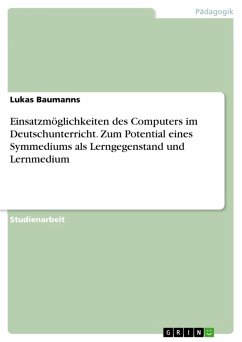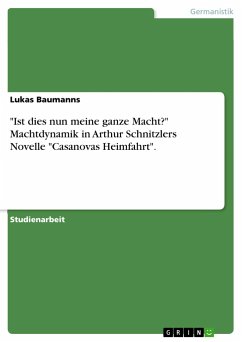
Statt 17,95 €**
15,99 €
**Preis der gedruckten Ausgabe (Broschiertes Buch)
inkl. MwSt. und vom Verlag festgesetzt.
Sofort per Download lieferbar
Statt 42,95 €**
29,99 €
**Preis der gedruckten Ausgabe (Broschiertes Buch)
inkl. MwSt. und vom Verlag festgesetzt.
Sofort per Download lieferbar
VersandkostenfreieBook, PDF
4. Januar 2016
GRIN Verlag
Statt 17,95 €**
15,99 €
**Preis der gedruckten Ausgabe (Broschiertes Buch)
inkl. MwSt. und vom Verlag festgesetzt.
Sofort per Download lieferbar
eBook, ePUB
8. Mai 2015
GRIN Verlag
15,99 €
inkl. MwSt. und vom Verlag festgesetzt.
Sofort per Download lieferbar
eBook, PDF
8. Mai 2015
GRIN Verlag
13,99 €
inkl. MwSt. und vom Verlag festgesetzt.
Sofort per Download lieferbar
eBook, ePUB
14. August 2014
GRIN Verlag
Statt 19,99 €**
14,99 €
**Preis der gedruckten Ausgabe (Broschiertes Buch)
inkl. MwSt. und vom Verlag festgesetzt.
Sofort per Download lieferbar
Statt 15,95 €**
13,99 €
**Preis der gedruckten Ausgabe (Broschiertes Buch)
inkl. MwSt. und vom Verlag festgesetzt.
Sofort per Download lieferbar
eBook, PDF
23. Mai 2014
GRIN Verlag
Statt 15,95 €**
13,99 €
**Preis der gedruckten Ausgabe (Broschiertes Buch)
inkl. MwSt. und vom Verlag festgesetzt.
Sofort per Download lieferbar
eBook, PDF
20. November 2013
GRIN Verlag
13,99 €
inkl. MwSt. und vom Verlag festgesetzt.
Sofort per Download lieferbar
eBook, PDF
28. Oktober 2013
GRIN Verlag
Broschiertes Buch
Conceptual Considerations and Empirical Investigations for Understanding the Process of Problem Posing
1st ed. 2022
20. November 2022
Springer Fachmedien Wiesbaden / Springer Spektrum / Springer, Berlin
978-3-658-39916-0
| eBook, PDF | 61,95 € |
Ähnlichkeitssuche: Fact®Finder von OMIKRON

